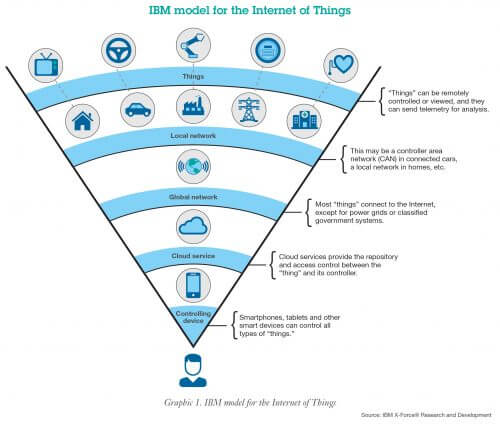The experimental approach will rely on a system of sensors, mobile devices and machine learning, to provide in real time, around the clock, information about symptoms of the disease to clinicians and researchers

Pfizer and IBM announced a research collaboration, the first of its kind, to develop innovative solutions for remote monitoring, which aim to change the way clinicians treat patients suffering from Parkinson's disease. The experimental approach will rely on a system of sensors, mobile devices and machine learning, to provide in real time, around the clock, information about symptoms of the disease to clinicians and researchers. The main goal is to gain a better understanding of the progression of the disease and responses to drug treatment, in order to make informed decisions about treatment, plan clinical trials, and at the same time speed up the development of new therapeutic alternatives.
Parkinson's disease requires continuous adaptation to medication, which depends on the progress of the disease and the patient's response. Through the collaboration, Pfizer and IBM seek to create a holistic perspective of the patient's well-being by accurately measuring a variety of health indicators, including motor function, the appearance of involuntary repetitive movements, cognition, sleep and daily activities such as care, dressing and eating. Insights from this data can help doctors understand the impact of the drugs on the patient as the disease progresses, allowing them to help optimize the patient's treatment regimen as needed. Data generated through the system can also provide researchers with real-world insights and evidence needed to help accelerate new and better potential treatments.
About 7-10 million people around the world currently suffer from Parkinson's and about 60 thousand Americans are diagnosed with the disease every year.
According to Dr. Michael Duston, Pfizer's president of global research and development: "We have an opportunity to redefine the way we think about patient outcomes and 24/7 monitoring by combining Pfizer's scientific, medical and regulatory expertise, along with the ability of IBM to integrate and interpret complex data in innovative ways." He adds that "our key to success will be to provide a reliable system, with measurement and analysis scales, that will help inform the clinical programs in a variety of important areas about an unmet medical need, potential to accelerate drug development and regulatory approval processes and help us get better treatments for patients, faster."
"With the proliferation of digital medical information, one area that remains elusive is the collection of real-time physiological data that supports disease management," says Arvind Krishna, senior vice president and director of research at IBM. "We are testing ways to create a system that collects data passively, with the aim of not burdening the patient, and to provide doctors and researchers with insights in real time, which we believe will fundamentally change the way a patient is monitored and treated."
Both companies expect that the system will quickly enter initial clinical trials. Pfizer and IBM will engage an external advisory committee of patient groups, support organizations, clinicians and neuroscientists for guidance on the use of technology, medical devices, data management, and research protocols, in order to ensure that the needs of patients guide the program.
